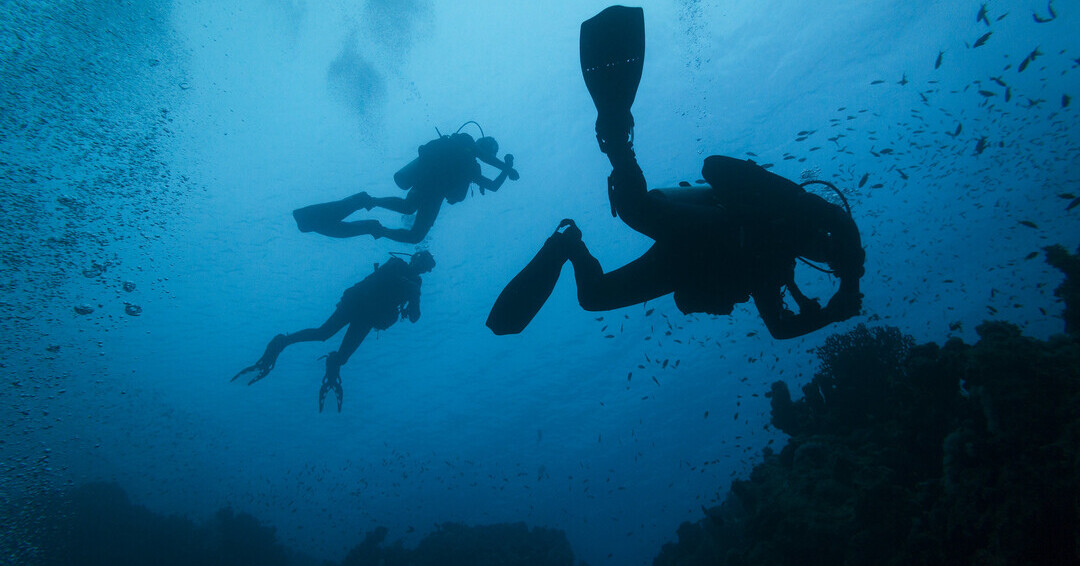Project title: Scaling up Identification, Protection, and Local Management of Climate-Resistant Coral Reefs
Project lead: Dr. Yimnang Golbuu
Co-applicants: Ms. Caryn Koshiba, Ms. Dolores deBrum-Kattil, Prof. Stephen Palumbi, Mr. Eugene Joseph
Countries involved: Palau, Marshall Islands, Federated States of Micronesia
Takes place: Palau, Federated States of Micronesia, Marshall Islands
Supporting institutions: The Nature Conservancy (Palau), Palau International Coral Reef Center (Palau), Marshall Islands Conservation Society (Marshall Islands), Stanford University (USA), Conservation Society of Pohnpei (Micronesia)
Total budget: USD $1,499,955
Duration: September 2024 – August 2027
Project overview
As climate change intensifies, the need for effective coral restoration has become crucial. However, most restoration efforts do not focus on using genetically diverse, heat-resistant coral species, and there are few affordable, scalable community-led initiatives to find and use these corals. Traditionally, coral restoration has been led by external groups, often lacking local knowledge about coral heat resistance, leading to fragile nursery stocks that are vulnerable to future heatwaves. This problem is particularly severe in island nations like the Marshall Islands, the Federated States of Micronesia (FSM), and Palau, where healthy coral reefs are vital for local food security, economies, and tourism. The gap between scientific research and local community involvement further complicates the effective management of these ecosystems.
The project aims to develop the first Coral Futures Academy and a network of Coral Restoration Teams in the Marshall Islands, FSM, and Palau. This initiative will train local leaders in the use of heat-resistance data for coral restoration, helping to protect vital reefs and the communities that depend on them. The project will focus on community-based training, action, and restoration, aiming to scale up and spread successful, bottom-up approaches across multiple coral reef communities.
Specific Objectives
- Establish the Coral Futures Academy: Train local leaders to integrate heat-tolerance into coral restoration and management practices.
- Form Coral Restoration Teams: Teams will conduct coral heat stress testing and develop nurseries in local centers.
- Replicate the Team Structure: Create a sustainable, circular model where Academy graduates return as teachers and Restoration Teams replenish themselves.
How the Objectives Will Be Met
- Objective 1: The Coral Futures Academy will be established to train local leaders in Palau, FSM, and the Marshall Islands. Experts will mentor these leaders on coral identification, heat stress experiments, data collection, and the propagation and outplanting of heat-resistant corals.
- Objective 2: Coral Restoration Teams will be formed by recruiting local community members or students. These teams will test corals for heat resistance, establish nurseries, and outplant corals. Each team will conduct extensive experiments across multiple reef sites.
- Objective 3: The Academy graduates will return as trainers for future Academies, ensuring the continual growth of Coral Restoration Teams and expanding the project’s reach across islands.
Impact of the Project
The project will empower local leaders to become champions of coral restoration, providing them with the necessary tools and knowledge to manage these efforts effectively. It will create job opportunities for young Pacific Islanders and increase the longevity of reef ecosystems, ensuring they continue to support the communities that rely on them. The work will be integrated into ongoing marine protected area (MPA) and community planning efforts, making it a sustainable and long-term initiative.
Major Highlights
- Establishment of the Coral Futures Academy and Coral Restoration Teams in the Marshall Islands, FSM, and Palau.
- Integration of heat-tolerance data into coral restoration practices to enhance reef resilience.
- Creation of scalable, community-led coral restoration efforts that protect vital ecosystems and support local communities.
Photo credits: Divers by Mal B (CC BY ND 2.0)

